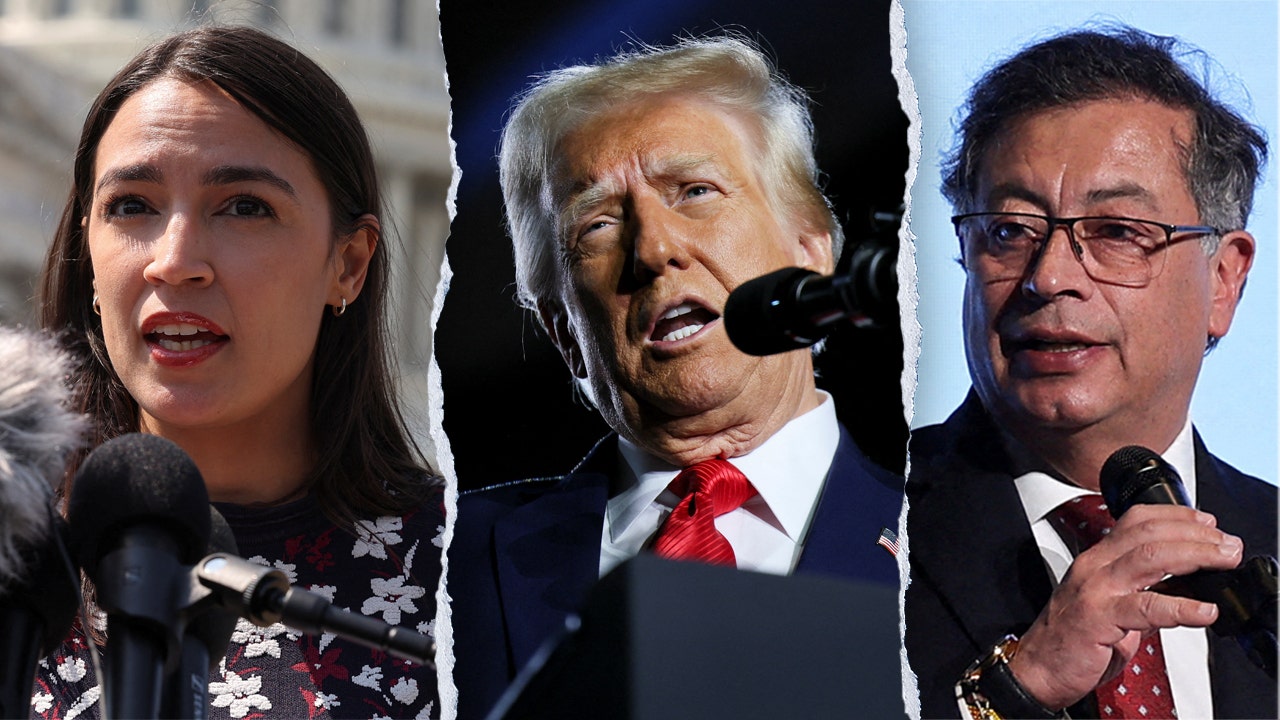AOC roasted over post about Colombia tariffs and coffee prices

Rep. Alexandria Ocasio-Cortez, D-N.Y., has recently weighed in on the ongoing tariff feud between President Donald Trump and Colombian President Gustavo Petro. The dispute began when Petro refused to accept two deportation flights over the weekend, leading Trump to announce retaliatory measures including raising tariffs on imported products. Both leaders threatened to increase tariffs by 25% to 50%, with Trump also ordering a travel ban and visa revocations for all Colombian government officials.
In response to the escalating tensions, Ocasio-Cortez took to social media to share her perspective on the situation. In a post on Sunday, she highlighted the impact that tariffs can have on American consumers, emphasizing that they ultimately end up paying the price. “To ‘punish’ Colombia, Trump is about to make every American pay even more for coffee,” she wrote. “Remember: WE pay the tariffs, not Colombia.”
The congresswoman went on to criticize Trump for potentially worsening inflation for working-class Americans in order to benefit himself and the billionaire class. She argued that tariffs do not necessarily guarantee inflated prices, as suppliers from other countries may adjust their prices to compete in the U.S. market.
While Ocasio-Cortez’s post garnered support from many of her followers, it also faced backlash from Trump supporters and tariff advocates. Some pointed out that there are other countries besides Colombia that export coffee, suggesting that the U.S. could turn to alternative suppliers if prices rise. Others criticized Ocasio-Cortez for her understanding of how tariffs work, arguing that businesses may reconsider investing in Colombia if the country continues to be uncooperative.
In response to the criticism, Ocasio-Cortez’s office did not provide additional comment. The ongoing tariff feud between Trump and Petro highlights the complexities of international trade and the potential impact on consumers and businesses. As the situation continues to unfold, it remains to be seen how the dispute will be resolved and what implications it may have for both countries.




